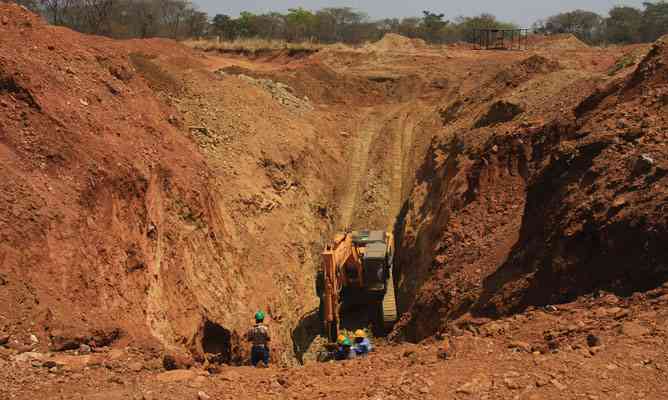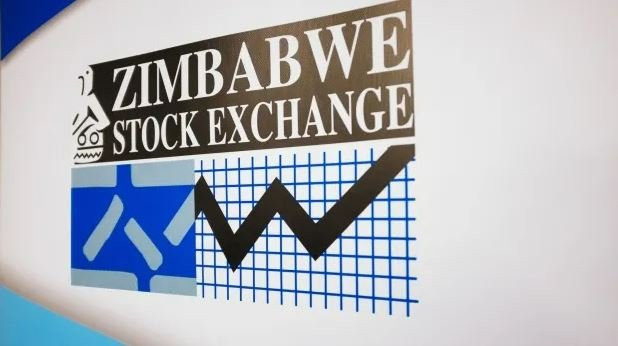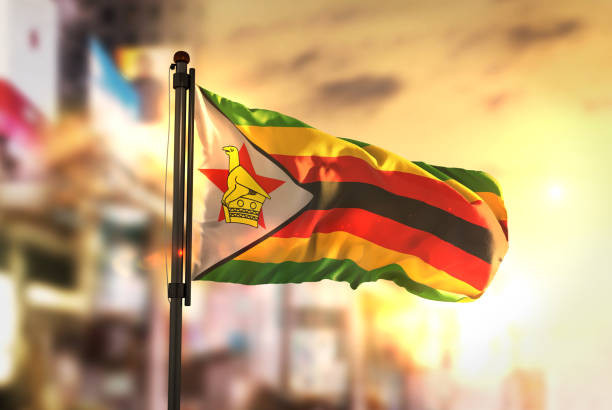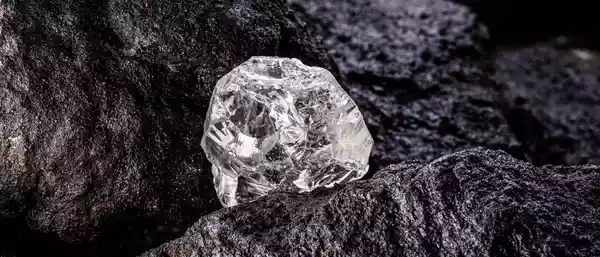
THE resource-rich continent of Africa has long been a focal point for international actors seeking to extract valuable resources for economic gain.
In recent years, Zimbabwe, situated in Southern Africa, has also become a key battleground for both Western and Eastern powers vying for control of its mining and timber resources.
This competition raises important questions about the impact of foreign intervention on local communities and the environment.
In this instalment, we will compare and contrast the actions of Western and Eastern actors in Zimbabwe and assess their implications for the countries' development.
The Western imperialists
Historically, Western powers have a legacy of colonialism and exploitation in Africa, leading to widespread social, economic, and environmental damage.
In the case of Zimbabwe, Western companies have been actively involved in the extraction of mining resources such as gold, platinum, and diamonds.
These activities have often been criticised for their negative impact on local communities, including displacement, environmental degradation, and human rights abuses.
- Mavhunga puts DeMbare into Chibuku quarterfinals
- The brains behind Matavire’s immortalisation
- Bulls to charge into Zimbabwe gold stocks
- Ndiraya concerned as goals dry up
Keep Reading
Western companies have been accused of prioritising profit over people and the environment, leading to conflicts with local communities and indigenous groups.
The lack of transparency and accountability in their operations has raised concerns about corruption and exploitation in the sector. Additionally, the Western powers' historical dominance in global economic structures has often disadvantaged African countries in trade relationships, perpetuating a cycle of dependency and unequal power dynamics.
On the other hand, Western companies may bring technological expertise, investment, and job opportunities to Zimbabwe, contributing to economic development and infrastructure improvement.
They also tend to be settler community, building housing, schools, in some cases funding the construction of banks, churches and hospitals.
Some argue that Western standards in environmental protection and labour rights may offer better safeguards compared to their Eastern counterparts.
The Eastern imperialists
In recent years, Eastern powers such as China have significantly increased their presence in Africa, including Zimbabwe, through investments in infrastructure, mining, and timber industries.
Chinese companies, in particular, have been actively involved in the extraction and export of resources from the continent, often in exchange for loans and development projects.
There are troubling perceptions that the loans have got prohibitive payment plans and will burden Zimbabwe and many other African countries for centuries to come.
Eastern actors have been criticised for their aggressive pursuit of resources in Africa, leading to concerns about neo-colonialism and exploitation.
Chinese companies, in particular, have been accused of engaging in corrupt practices, environmental degradation, and poor labour conditions in their operations.
The lack of transparency and accountability in their business practices has raised questions about the long-term sustainability of their investments in the region.
However, Eastern powers also bring significant benefits to Zimbabwe, including much-needed investment in infrastructure, job creation, and economic development.
But this need to be quantified. The construction of a new Parliament in Mt Hampden in Harare in Zimbabwe is certainly not what Zimbabwe needs in exchange for its finite resources.
Chinese investments in key sectors such as mining and timber, which are supposed to have helped to boost Zimbabwe's economy and improve its connectivity with global markets need to be for public record.
Comparative analysis
When comparing the actions of the Western and Eastern actors in Zimbabwe, it is essential to consider the unique challenges and opportunities they present to the countries' development.
While both groups engage in resource extraction activities, their approaches and impacts differ significantly.
Western companies often build lasting infrastructure, use or build new banks and adhere to higher environmental and labour standards compared to their Eastern counterparts, offering better protection for local communities and the environment.
However, their historical legacy of slavery, colonialism and exploitation in Africa raises questions about their intentions and long-term commitment to sustainable development in the region.
On the other hand, Eastern powers like China bring much-needed investment and infrastructure development to Zimbabwe, stimulating economic growth and job creation.
However, their aggressive pursuit of resources and lack of transparency in business practices raise concerns about the long-term consequences of their presence in the countries.
For example, they are fast depleting the Great Dyke in the Mutorashanga area of Mashonaland West, paying their employees in Chinese currency and forcing the employees to buy items they need from the Chinese shops they have set up inside the mines. The Environmental Agency of Zimbabwe is mum on this. In Mutoko, they have been destroying ancestral mountains and illegally moving villagers from their homes leaving familial graves behind. It would appear that this is sanctioned from the powers that be.
In terms of local impacts, both Western and Eastern companies have been criticised for displacing communities, damaging ecosystems, and exploiting natural resources without proper consultation or consent.
The lack of meaningful engagement with local stakeholders in decision-making processes has often led to conflicts and social unrest in affected areas.
Conclusion
In conclusion, the competition between Western and Eastern powers for mining and timber resources in Zimbabwe raises complex ethical, social, and environmental challenges.
While both groups offer potential benefits to the country's development, their actions must be carefully scrutinized to ensure that they align with the principles of sustainability, transparency, and social responsibility.
It is essential for Zimbabwe to establish clear regulations and oversight mechanisms to monitor resource extraction activities and hold foreign companies accountable for their actions.
Local communities must be empowered to participate in decision-making processes and benefit equitably from resource revenues to ensure inclusive and sustainable development.
Ultimately, the question of who the "lesser evil" is between Western and Eastern imperialists in Zimbabwe is not a straightforward one. Both groups have their strengths and weaknesses, and the countries must navigate these complexities to maximize the benefits of foreign investments while safeguarding their people and environment for future generations.
There needs to be political will to do this. With high levels of corruption in Zimbabwe, time will tell if the political establishment in will do anything about it.
What is worrisome is the levels and degree of extraction, particularly by the Chinese. They are leaving no stone unturned and taking advantage of the poor policing by the environmental agency Zimbabwe.
There are unconfirmed reports that the United Nations has just invested US$350 million the areas of the environment, social and governance (ESG) issues in Zimbabwe.
This will go a long way in bringing to the fore issues around ESG and finding lasting ways to reduce the degradation.
Ndoro-Mkombachoto is a former academic and banker. She has consulted widely in strategy, entrepreneurship and private sector development for organisations that include Seed Co Africa, Hwange Colliery, RBZ/CGC, Standard Bank of South Africa, Home Loans, IFC/World Bank, UNDP, USAid, Danida, Cida, Kellogg Foundation, among others, as a writer, property investor, developer and manager. — @HeartfeltwithGloria/ +263 772 236 341.










